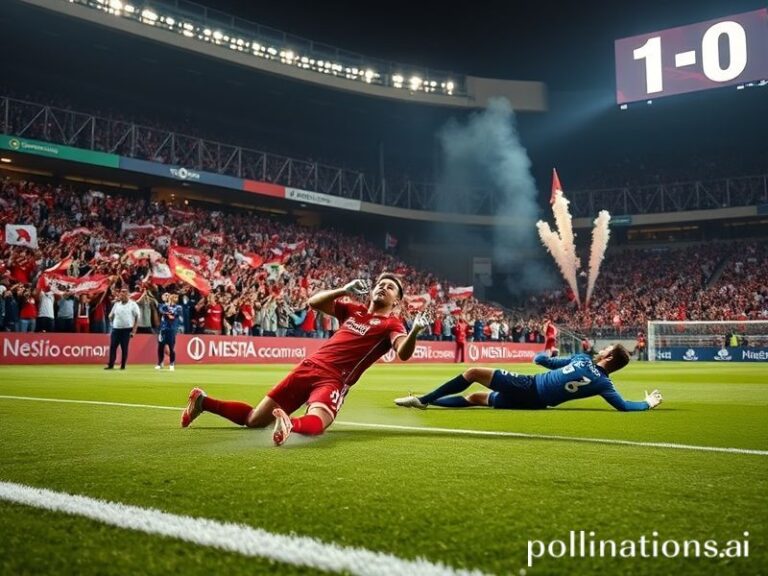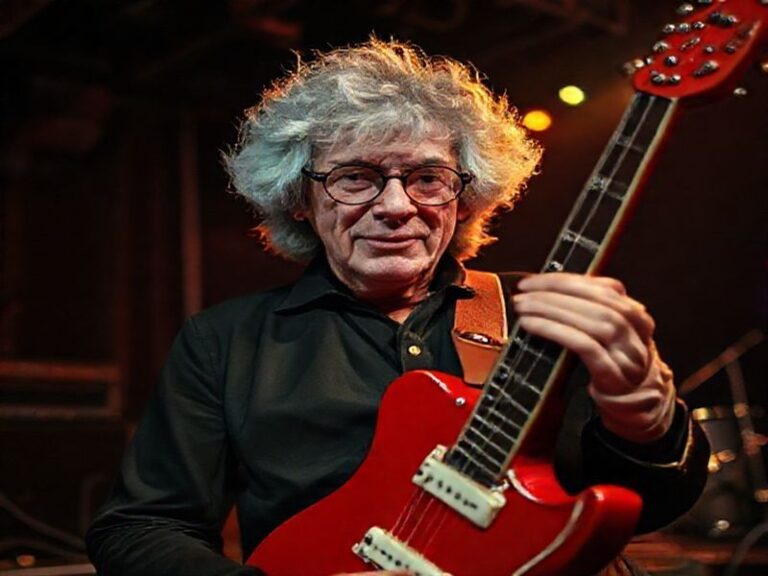Alexandra Burke: The British Pop Export Calming a World on Fire—One High Note at a Time
Alexandra Burke: How a London Pop Voice Became the World’s Favorite Guilty Pleasure
The first time most of the planet noticed Alexandra Burke, she was belting out Leonard Cohen’s “Hallelujah” like a woman who’d just discovered both the gospel and the mortgage payments that come with it. The year was 2008, Lehman Brothers had politely imploded, and the West was busy panic-buying canned beans. Somewhere in the middle of that financial cardiac arrest, a 20-year-old from Islington hit a high note so pure it momentarily made hedge-fund managers forget to short the Icelandic króna. That, dear reader, is soft power in sequins.
Fast-forward sixteen years and Burke is no longer merely a British reality-TV outlier who out-sang a Christmas carol into the UK charts for three consecutive weeks—an achievement roughly equivalent to colonizing the airwaves without a navy. She has become a minor international utility: the go-to vocalist whenever a global gala needs a voice loud enough to drown out geopolitical awkwardness. Davos after-party? Check. Qatar Airways in-flight anthem remix? Naturally. A last-minute slot at the 2023 African Union summit because the original American R&B star’s visa got “lost in the diplomatic wash”? Burke packed her humidity-proof lashes and flew commercial.
Of course, the world being what it is—a flaming soufflé of crises held together by gaffer tape and influencer apologies—Burke’s career arc is instructive. She illustrates the new transnational pop algorithm: take one part talent show legitimacy, two parts streaming-platform omnipresence, and a heaping tablespoon of post-Brexit British desperation for cultural relevance. Export vigorously. The result is a singer who can sell out the London Palladium on a Tuesday and headline a shopping-mall launch in Jakarta on Thursday, all while Spotify algorithms quietly ferry her latest single into “Rainy Day Soul” playlists from Reykjavík to Rio.
Yet the cynic (hello) notes the transactional glaze of it all. Burke’s 2021 collaboration with Moroccan producer RedOne wasn’t just an artistic left turn; it was a strategic hedge against the collapse of Western record-buying power. When your domestic market is busy arguing about whether to microwave tea, you pivot to MENA radio, where they still pay for choruses that rhyme “fire” with “desire.” Global economics, darling—same as selling fighter jets, only catchier.
There is, naturally, a darker punchline. While Burke has been busy perfecting melisma across time zones, the planet has been busy perfecting its own discord: pandemics, wildfires, coups d’état sponsored by bored oligarchs. Every time she steps onto another charity telethon stage—hair braided like a geopolitical map—viewers from Lagos to Lima get the same unspoken memo: here is a woman who can still hit the note that says “everything might be okay,” even as the oceans acidify in 4/4 time. It’s a uniquely 21st-century form of emotional triage: soothe the masses, sell the ringtone, try not to read the comments about structural inequality.
The kicker is that Burke seems entirely aware of the absurdity. In interviews she’ll drop sly references to “collecting air miles like Pokémon” and admit her pre-show ritual now includes a meditation app narrated by a former UN Secretary-General. (“Ban Ki-moon really helps me find the light before I sing about heartbreak.”) Self-awareness doesn’t pay streaming royalties, but it does grant a certain diplomatic immunity from critics who might otherwise dismiss her as another reality-TV apparition. One can’t entirely savage a woman who once live-streamed a vocal warm-up while wearing a T-shirt that read “My Microphone Is Louder Than Your GDP.”
So what does Alexandra Burke ultimately signify on the world stage? She is the sonic equivalent of those LED billboards in dystopian sci-fi: bright, relentless, oddly comforting, and powered by an energy source no one wants to interrogate too closely. A reminder that even as borders harden and currencies wobble, a well-aimed high note can still leap them all—at least until the Wi-Fi drops.
And if that isn’t the most beautifully depressing metaphor for globalization, I don’t know what is.







